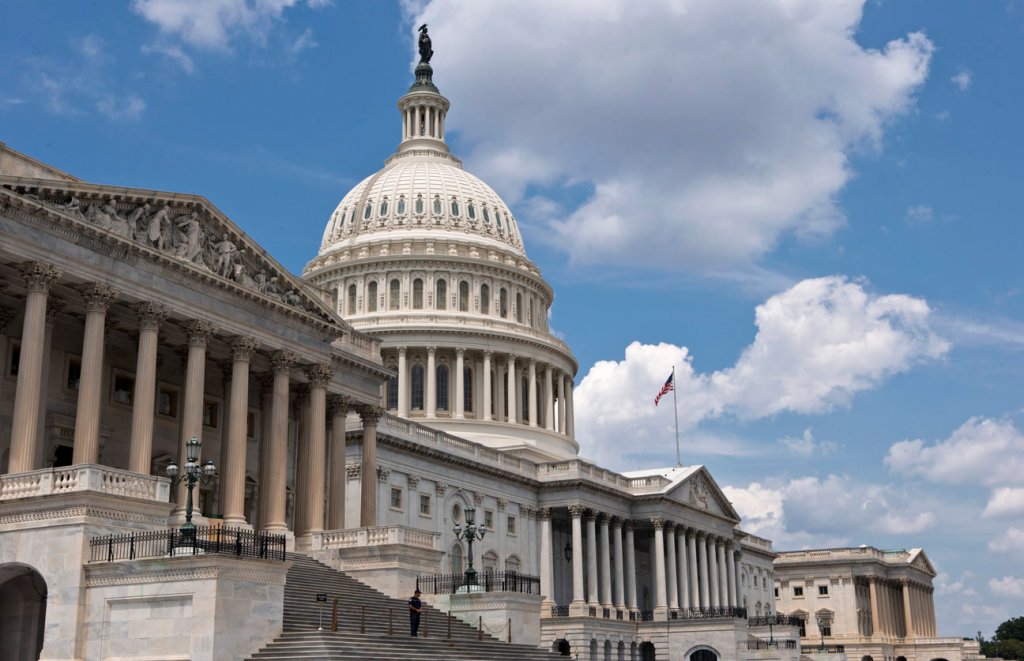It’s hard to find fault with a group called “Cleaner Portland.” Its folksy Internet ads portray it as a civic-minded advocate for sustainable solid waste policy, and at first look its website encourages Portland residents to get involved with their city government.
But a closer look shows that it’s really one issue the group is concerned about — the proposed ban on food containers made from polystyrene, more commonly known by its brand name Styrofoam.
And although Cleaner Portland has “Portland” in its name, there is little local about it.
The website says it is a special project of the Cost of Government Center, a Washington, D.C.-based interest group affiliated with Americans for Tax Reform, the conservative pressure group famous for its president, Grover Norquist, and the Taxpayer Protection Pledge he has put before candidates on the state and national levels.
So, Cleaner Portland may have more to do with the budget battles in Washington than it does with the waste stream in Maine. All of these connections are disclosed on the websites, but that does not mean that all is what it appears to be.
The organization is geared to manufacture what might look like a spontaneous outpouring of public sentiment in the form of calls to members of the City Council and letters to the editor of this and other newspapers. It’s the kind of phony grass roots organization that’s sometimes called “astroturf” and it does a disservice to real citizen volunteers who want to influence their government.
It makes claims that producing polystyrene produces less greenhouse gases than the alternatives, and cites the American Chemistry Council, hardly a disinterested party, as its source. It implies that Kennebunk and Camden recycle polystyrene, although the substance is not listed in either town’s published recycling guidelines.
But aside from the accuracy of its assertions, the “organization” itself pretends to be something it is not, and it should not be taken seriously in the upcoming debate.
And there will be a debate. Proponents of the ban say that polystyrene containers clog up the waste stream and release dangerous chemicals into the environment. But local businesses counter that it would create an undue burden on them and add to the city’s reputation for overregulation.
The City Council should listen to both sides of the issue before it votes. But it doesn’t have to listen to D.C.-based tax activists, no matter what they call themselves.
Send questions/comments to the editors.



Success. Please wait for the page to reload. If the page does not reload within 5 seconds, please refresh the page.
Enter your email and password to access comments.
Hi, to comment on stories you must . This profile is in addition to your subscription and website login.
Already have a commenting profile? .
Invalid username/password.
Please check your email to confirm and complete your registration.
Only subscribers are eligible to post comments. Please subscribe or login first for digital access. Here’s why.
Use the form below to reset your password. When you've submitted your account email, we will send an email with a reset code.